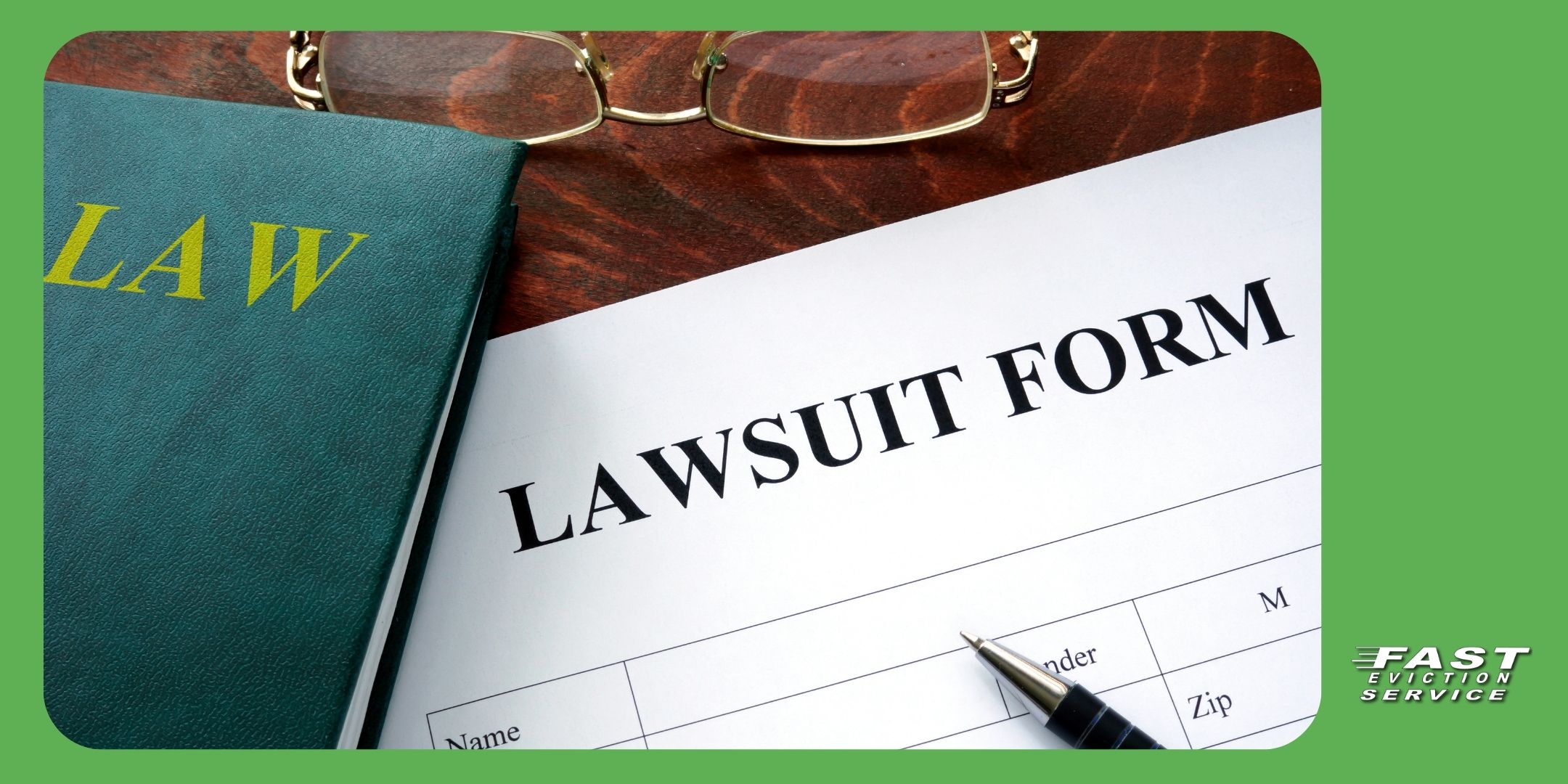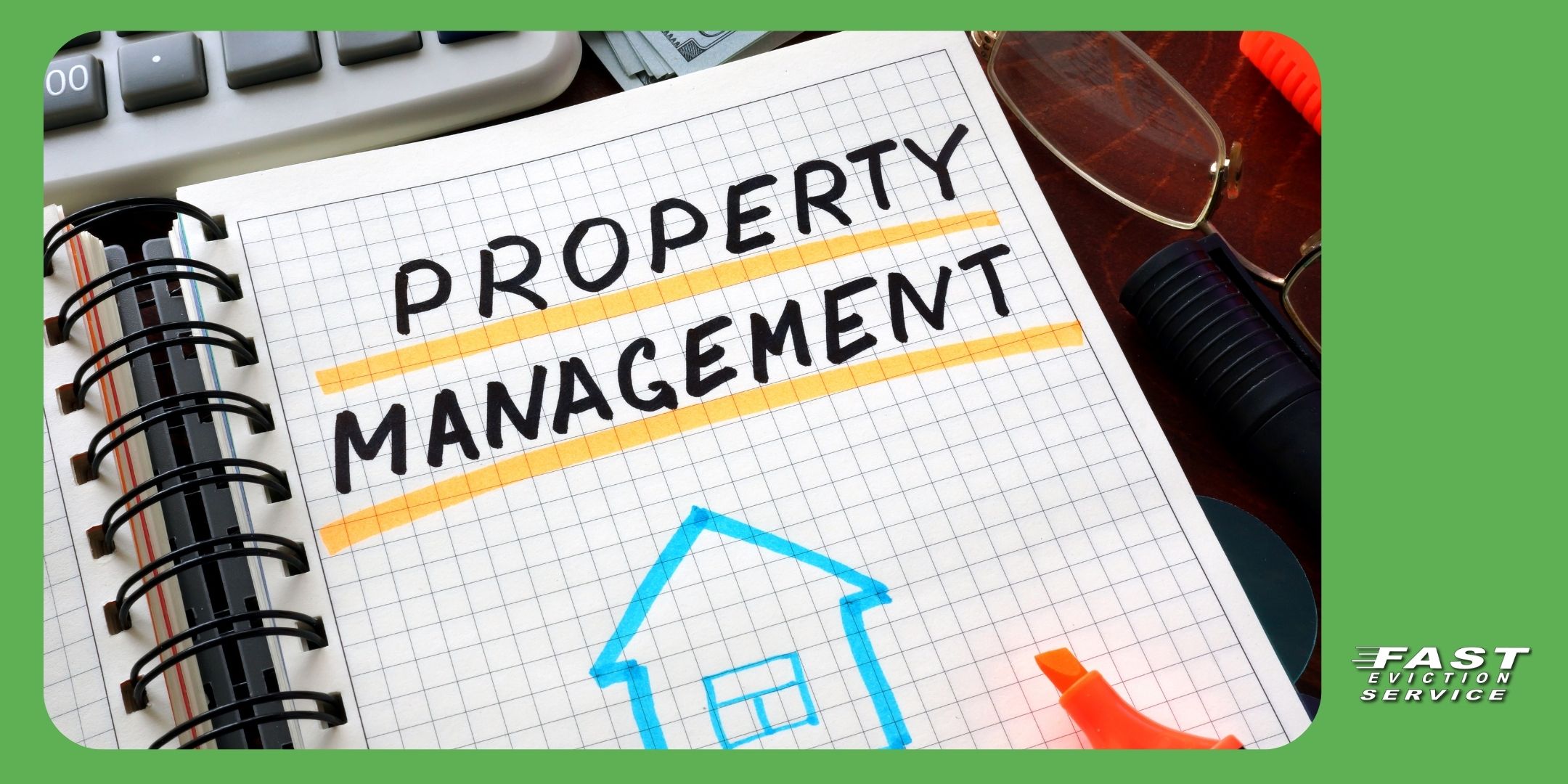Updated 11/21/24
Landlord lawsuits are an unfortunate reality in property management. Understanding the common reasons tenants sue landlords can help you proactively address issues, protect your business, and maintain positive landlord-tenant relationships. Many legal disputes arise from misunderstandings, negligence, or failure to comply with local laws. By identifying potential risks and taking preventative measures, you can avoid costly lawsuits and preserve your reputation as a responsible landlord.

In this article, we’ll explore the top reasons landlords face lawsuits and offer actionable tips to avoid these pitfalls. Whether you’re a seasoned landlord or new to property management, these insights will equip you with the knowledge to reduce your legal risks and operate your rental business with confidence.
Table of Contents
- Failure to Maintain a Safe and Habitable Property
- Improper Handling of Security Deposits
- Discrimination Claims
- Unlawful Evictions
- Breach of Privacy
- Negligence Leading to Injuries
- Misrepresentation or False Advertising
- FAQs About Landlord Lawsuits
Failure to Maintain a Safe and Habitable Property
One of the most common reasons for landlord lawsuits is failure to provide a habitable property. Tenants have a legal right to live in a safe and well-maintained home. When landlords neglect repairs or allow unsafe conditions to persist, they open themselves up to legal challenges.
For example, issues like mold, pest infestations, broken heating systems, or faulty wiring can lead to lawsuits if not addressed promptly. These conditions not only violate housing codes but also risk tenants’ health and safety.
How to avoid lawsuits: Conduct regular property inspections and address maintenance requests promptly. Keep detailed records of all repairs and communication with tenants. Familiarize yourself with local habitability laws to ensure compliance.
Improper Handling of Security Deposits
Disputes over security deposits are a top reason why tenants sue landlords. Common mistakes include failing to return the deposit within the required time frame, not providing an itemized list of deductions, or unlawfully withholding funds.
Tenants often feel they’ve been treated unfairly if deductions aren’t clearly justified. Missteps in handling security deposits can escalate into legal claims against landlords.
How to avoid lawsuits: Clearly outline your security deposit policy in the lease agreement. Follow state-specific laws regarding timelines, deductions, and required notices. Document the property’s condition before and after tenancy with photos or videos to avoid disputes.
Discrimination Claims
Discrimination claims are a serious legal issue for landlords. The Fair Housing Act prohibits discrimination based on race, color, national origin, religion, sex, familial status, or disability. Even unintentional actions, such as asking inappropriate questions during the application process, can lead to accusations of discrimination.
For instance, rejecting an applicant because they have children or refusing to make reasonable accommodations for a disabled tenant can result in lawsuits against landlords.
How to avoid lawsuits: Educate yourself on fair housing laws. Use standardized screening criteria for all applicants and document your decision-making process. Avoid personal questions during tenant interviews and focus solely on the applicant’s ability to meet your rental criteria.
Unlawful Evictions
An eviction can turn into a landlord lawsuit if not handled correctly. Tenants have legal protections against retaliatory or discriminatory evictions. Attempting to remove a tenant without following proper legal procedures—such as serving notices or obtaining a court order—can result in significant legal and financial consequences.
For example, changing the locks, shutting off utilities, or threatening a tenant to leave without due process are clear violations of landlord-tenant laws.
How to avoid lawsuits: Always follow the legal eviction process in your jurisdiction. Provide written notices as required, and seek legal advice before proceeding with an eviction. If possible, resolve disputes with tenants amicably to avoid escalation.
Breach of Privacy
Tenants have a right to privacy, and landlords must respect that right. Entering a rental unit without proper notice, installing surveillance cameras in private areas, or sharing a tenant’s personal information without consent are all grounds for lawsuits.
Even if you own the property, you cannot enter the tenant’s space without following the law. A breach of privacy can damage trust and lead to serious legal repercussions.
How to avoid lawsuits: Notify tenants in advance of any entry and ensure it complies with local laws. Avoid overstepping boundaries in communications or surveillance. Clearly outline entry policies in the lease agreement and adhere to them consistently.
Negligence Leading to Injuries
Landlords can be held liable for injuries occurring on their property if negligence is involved. For instance, a tenant or guest may sue if they slip and fall due to a poorly maintained sidewalk or if injuries result from defective property conditions.
Negligence lawsuits can be costly and harm your reputation, even if the injuries were accidental.
How to avoid lawsuits: Regularly inspect your property for hazards and promptly address safety concerns. Maintain adequate liability insurance to cover potential claims. Document your efforts to keep the property safe and respond to tenant concerns.
Misrepresentation or False Advertising
Landlords may face lawsuits for misrepresentation if they provide false or misleading information about the rental property. For instance, advertising a unit as having central air conditioning when it does not or failing to disclose known issues with the property can lead to tenant claims.
Misrepresentation damages trust and can result in significant financial penalties if proven in court.
How to avoid lawsuits: Be honest and transparent in all communications and advertisements. Provide accurate descriptions of your property and disclose any known issues upfront. Keep copies of your listings and communications to avoid misunderstandings.
Frequently Asked Questions About Landlord Lawsuits
1. What are the most common landlord lawsuit reasons?
The most common reasons include failure to maintain a habitable property, improper handling of security deposits, discrimination, unlawful evictions, and negligence leading to injuries. These issues typically stem from misunderstandings or failure to follow legal obligations.
2. Why do tenants sue landlords?
Tenants often sue landlords over disputes related to their rights, such as living conditions, privacy violations, or unfair treatment. Lawsuits can also arise from dissatisfaction with how landlords handle repairs, evictions, or security deposits.
3. How can landlords avoid lawsuits?
Landlords can avoid lawsuits by staying informed about local laws, maintaining open communication with tenants, documenting all interactions and repairs, and acting promptly to resolve disputes. Proactive property management is key to minimizing legal risks.
By understanding the common reasons for landlord lawsuits and taking preventative measures, you can safeguard your rental business from legal challenges. Staying informed, maintaining professionalism, and treating tenants fairly will not only reduce your risk but also foster positive relationships with your renters.





